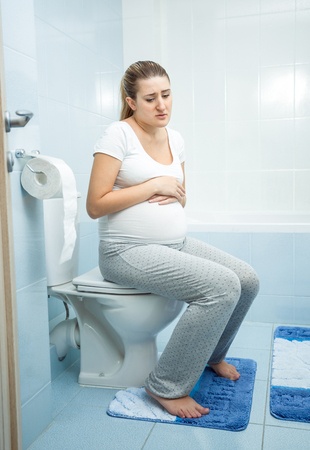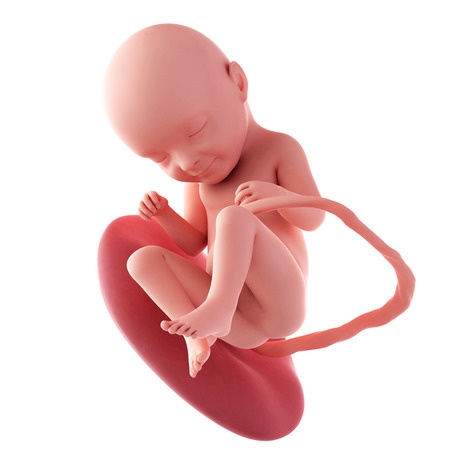A urinary tract infection is commonly understood as burning in urine. But the complete picture is much wider. It is the name given to all the infections of the urinary system of our body. It would be nice to understand a little detail about this urinary system and the urinary tract infections, more particularly when you are pregnant.
The urinary system comprises of a pair of kidneys where the filtration and urine formation takes place. The kidneys are connected to the urinary bladder with a pair of ureters which are tube like structures, transporting the urine. The urine gets collected in the urinary bladder. The end of the urinary system is the urethra which is a tubular structure carrying the urine from the bladder to outside the body via the urethral opening.
Causes of UTI
The most common cause of UTI is the entry of bacteria from our skin into the urinary system. This may occur due to the following reasons:
- Sexual Intercourse
- Catheter insertion (a tube inserted into the urinary bladder via the urethra)
- Improper cleaning habits especially when stool is wiped into the vagina and urethra
- Stagnation of urine. (commonly happens in patients with stricture of urethra or kidney stones)
Urinary Tract Infections and Pregnancy

Urinary tract infections in women is very common. There are two main reasons for this – First, the length of urethra in females is shorter and so the infection travels up at a faster rate. Second is the close anatomical proximity of the urethra to the vagina and anus leading to easy cross infections. UTI in men is rare and occurs as a result of a urethral stricture or a renal calculi (stone).
The probability of having a UTI increases greatly in females during pregnancy. The major reason is the hormone progesterone which dilates the ureters and slows down the passage of urine through them. The bladder tone reduces which causes incomplete emptying. The pressure of the enlarging uterus compresses the ureters. All this leads to a general slowdown and the urine takes longer to reach outside the body thereby giving more time to the bacteria to act.
During pregnancy there is an increase in the vaginal secretions, which may cause yeast infections. These are often associated with super added symptoms of urine infection.
Signs and Symptoms of UTI
If you are pregnant and notice the following signs and symptoms, you should see your doctor immediately to prevent the infection from spreading to the kidneys.
- Frequent urination
- Urgency – Unable to control the urge to pass urine
- Fever – Low to high grade fever
- Burning sensation while passing urine
- Difficulty in passing urine
- Lower abdominal pain and cramps
- Urine looks cloudy and has a strong odor.
- Occasional nausea and vomiting may be associated.
Diagnosis and Treatment of UTI
The detection of UTI is clinical (based on symptoms) and is confirmed by urine examination. There are two types of test, urine routine and micro is the commonest test and it can give a fair idea of what is wrong.
If bladder infection is suspected, urine culture will be done. If the culture results are positive, accordingly an oral antibiotic will be selected for the treatment of UTI.
Severe cases of kidney infections and cystitis during pregnancy will need hospitalization and treatment with Intra-Venous antibiotics and fluids. The baby’s heart rate will be very carefully monitored to look for any signs of pre-term labor. Vital parameters like your heart rate, pulse, blood pressure, urine output, temperature etc will be periodically checked during the hospital stay.
Prevention of UTI

The most effective way to prevent UTI is by maintaining good hygiene habits. Here are a few things that you should follow to avoid getting UTI in pregnancy.
- Whenever you clean after a bowel movement, always do so from front to back. This will prevent the bacteria from entering the vaginal and urethral area.
- Always follow your urge to urinate. Never hold back urine as it will lead to stagnation and increase your chances of getting an infection.
- Drink at least 8-10 glasses of water every day. Good hydration ensures good kidney function.
- Keep your genital area clean and dry at all times. Moisture and wetness will help bacteria grow in these areas.
- Pass urine before and after sex. It’s also a good habit to clean your genitals after sex.
- Vaginal douching should be strictly avoided in pregnancy.
- Avoid using strong sprays, powders or soaps for your genital area. A mild soap and warm water are the safest cleaning agents.



